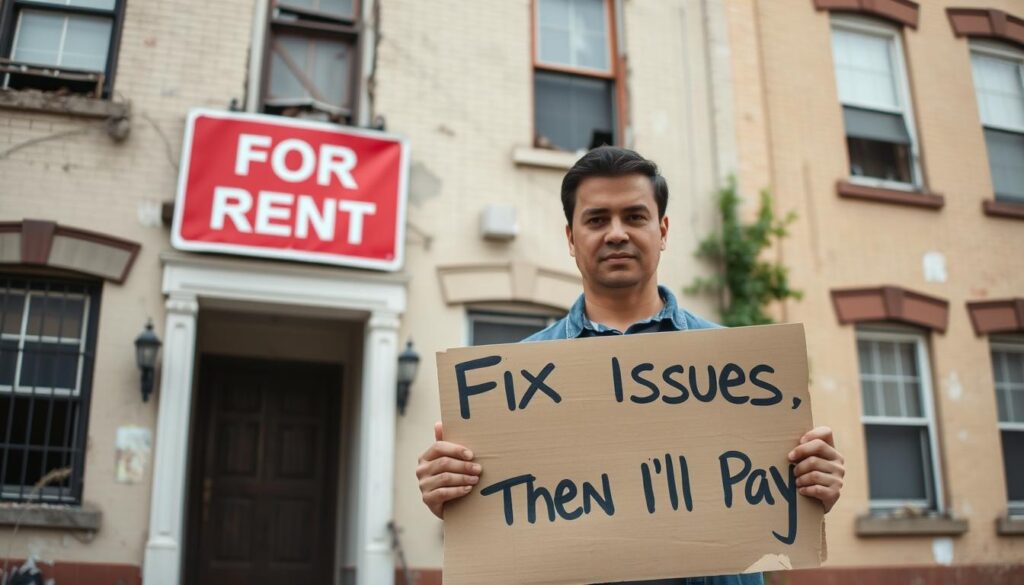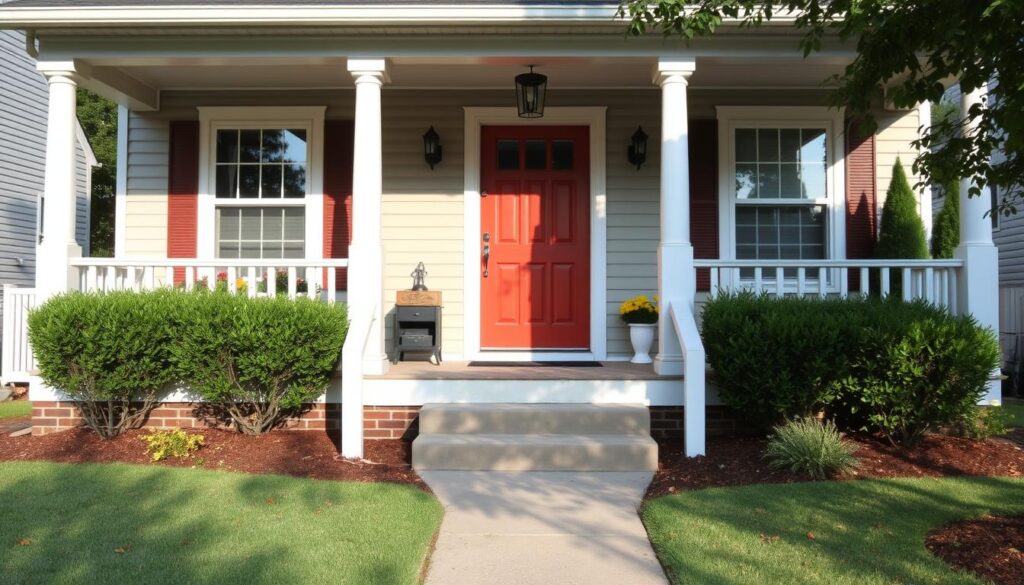When it comes to selling your home, setting the right price isn’t just about crunching numbers; it’s a delicate dance of psychology and strategy. Understanding the intricate workings of the human mind can significantly impact your success in the real estate market. Let’s delve into the fascinating realm of the psychology of pricing your home for sale.
Setting the Stage:
Imagine walking into a crowded marketplace. Your eyes scan the array of products, each adorned with a price tag. Instantly, your brain begins processing information, evaluating value, and making judgments based on a myriad of factors. Similarly, when potential buyers step into your home, their minds are primed to assess its worth. How you price your home can influence their perceptions and ultimately determine whether or not they make an offer.
Anchoring Bias:
One of the most powerful psychological phenomena at play in pricing is anchoring bias. This cognitive bias occurs when individuals rely too heavily on the first piece of information they receive (the “anchor”) when making decisions. In the context of selling your home, the listing price serves as the anchor. Set it too high, and prospective buyers may dismiss your property as overpriced. Set it too low, and you risk leaving money on the table. Strategic pricing requires finding the sweet spot that captivates buyers’ attention without deterring them with sticker shock.
Perceived Value:
Perception is everything in the world of real estate. Buyers aren’t just purchasing a physical structure; they’re investing in a lifestyle, a vision of their future. By strategically pricing your home, you can shape buyers’ perceptions of its value. Pricing slightly below market value can create a sense of urgency and competition among buyers, driving up demand and potentially resulting in multiple offers. Conversely, pricing too high can signal arrogance or desperation, deterring serious buyers and prolonging time on the market.
The Power of Pricing Psychology:
Beyond the numbers, pricing your home is a psychological game. Odd pricing, or setting prices just below a round number (e.g., $499,000 instead of $500,000), exploits the brain’s tendency to perceive lower prices as more affordable and attractive. Moreover, using specific numbers (e.g., $497,895) rather than rounded figures can convey precision and attention to detail, subtly signaling quality and craftsmanship.
Emotional Appeal:
Buying a home is an inherently emotional experience. Buyers aren’t just evaluating square footage and amenities; they’re envisioning themselves living in the space, creating memories, and building a future. Effective pricing taps into these emotions, triggering feelings of desire, excitement, and urgency. By positioning your home as a desirable and attainable dream, you can stimulate buyers’ emotional responses and motivate them to act swiftly.
The Fear of Missing Out (FOMO):
In today’s fast-paced market, the fear of missing out (FOMO) can be a powerful motivator. By pricing your home strategically, you can leverage FOMO to your advantage. Creating a sense of scarcity or exclusivity by pricing slightly below market value can ignite bidding wars and drive up offers. Additionally, setting a deadline or implementing a countdown timer can instill a sense of urgency, compelling buyers to act quickly before they miss out on a rare opportunity.
Adapting to Market Dynamics:
The real estate market is constantly evolving, influenced by factors such as economic conditions, supply and demand, and local trends. Effective pricing requires a deep understanding of market dynamics and the ability to adapt to changing conditions. Monitoring comparable sales, analyzing market trends, and staying informed about local developments are essential for making informed pricing decisions. Flexibility and agility are key to navigating fluctuations in the market and maximizing your home’s selling potential.
Conclusion:
Pricing your home for sale is a multifaceted endeavor that goes beyond mere numbers. By tapping into the intricacies of human psychology, you can craft a pricing strategy that captivates buyers’ attention, shapes their perceptions, and ultimately leads to a successful sale. From anchoring bias and perceived value to emotional appeal and the fear of missing out, understanding the psychological nuances of pricing can give you a competitive edge in the real estate market. So, as you embark on the journey of selling your home, remember that pricing isn’t just about dollars and cents—it’s about unlocking the minds of potential buyers and enticing them to envision the possibilities of calling your house their home.






